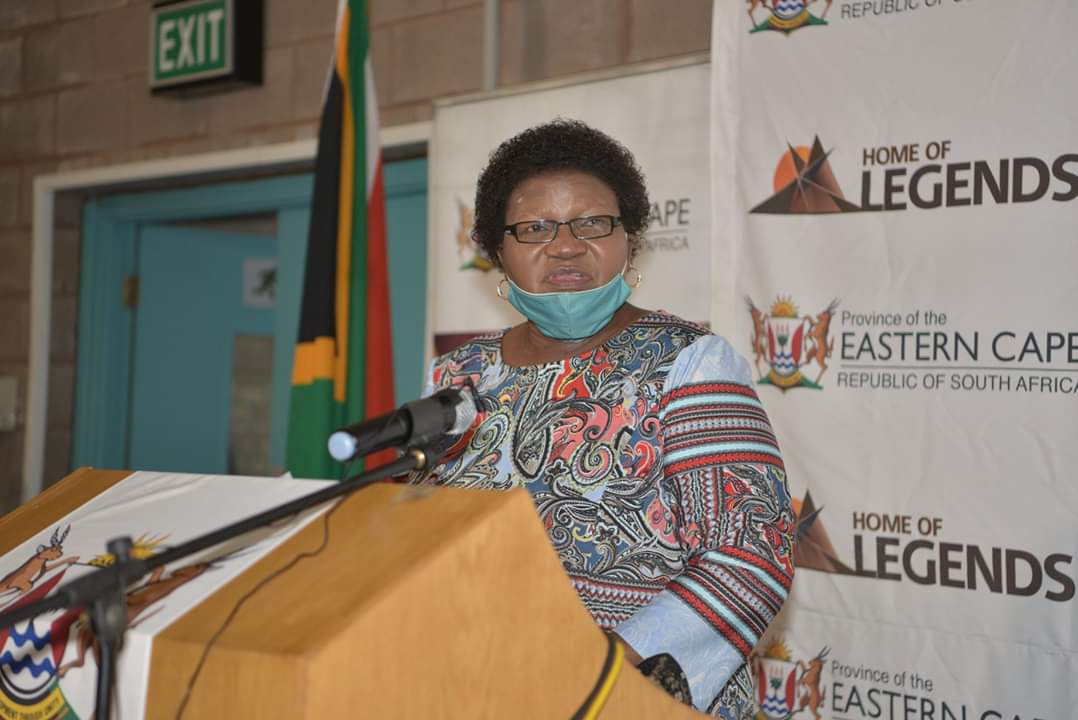Presentations given in parliament this week showed the province was expected to peak at around 90,000 cases in September.

Are rural areas to become a Covid-19 deathtrap under a broken health system? Politicians are at odds on solutions to the unique challenges of provinces such as the Eastern Cape, whose rural topography made for administrative challenges in the centralised provincial health systems, which are losing the battle to save their most vulnerable patients and prevent a catastrophe.
But invoking section 100 of the constitution to have national government take the reins may not be the only solution, said Mukovhe Masutha, researcher at the Centre for Emerging Research.
“When Limpopo was placed under administration, nothing changed, except politically. Health is a national competence already so to regionalise the problem is to make a mistake. The SA health system was broken before Covid-19 and those problems remain. So it should come as no surprise that certain parts of the country will be overwhelmed,” said Masutha.
The “forgotten” rural masses were at the centre of a public spat between Health Minister Zweli Mkhize and Democratic Alliance (DA) health spokeswoman Siviwe Gwarube this week over the supposed need for national government to take over the province’s “collapsed” health system.
Despite suggestions from Eastern Cape leadership that the province was not coping with an increasing demand for Covid-19 critical care, Mkhize wrote a four-page letter explaining to an infuriated Gwarube why the province was handling itself swimmingly, save for hiccups, which the minister seemed to suggest were inevitable or unavoidable.
Also read: Covid-19: Zweli Mkhize unlocks urgent help for Eastern Cape as deaths soar
This week, the province logged its highest daily spike in deaths, jumping from 945 on Tuesday to 1 345 on Wednesday. Gwarube pointed out that this suggested a serious backlog in data collection and record keeping. Whether a lag in the registration of deaths was the problem or a backlog in the recording of cases, it was clear that systems were not operating at acceptable speeds, she argued.
Responding to an open letter by Gwarube urging that the province be put under administration, Mkhize contended that numerous interventions were already under way which would suffice.
“The intervention team led by Dr [Sibongile] Zungu, that has been deployed in the province has advised that we must immediately increase the bed capacity. This is now in the process of being implemented,” wrote Mkhize.
The province only has one field hospital in the Nelson Mandela Bay metro, far from any rural setting. Dilapidated and abandoned sections of central hospitals were being refurbished and repurposed to create extra bed space, nearly four months after Covid-19 was declared a national disaster.
“It is important to mention that these intervention teams have greatly assisted not only the province but at national level in independently assessing urgent needs and fast tracking the implementation of our response,” Mkhize continued.
Presentations given in parliament this week showed the province was expected to peak at around 90,000 cases in September, with hospitalisations to reach 5,418 for general wards and 1,796 for critical care. Around 9,000 people were expected to have died in this period.
Gwarube expressed concern that other provinces such as the Northern Cape and Free State, which have had relatively low Covid-19 numbers, could soon be the sites of the next explosion of deaths if rural communities were not given more attention.
For more news your way, download The Citizen’s app for iOS and Android.
Support Local Journalism
Add The Citizen as a Preferred Source on Google and follow us on Google News to see more of our trusted reporting in Google News and Top Stories.






